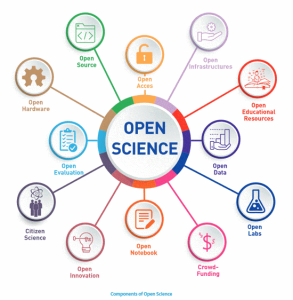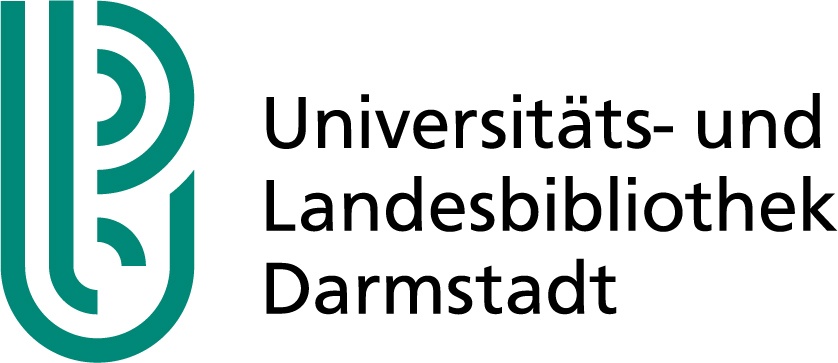Brief description

The ULB Darmstadt is involved in the project “Hessian Open Science Portals” (HeOSP). The goal is to create open access to information about Hessian university research, to develop a mission statement for Open Science and to expand existing Current Research Information Systems (CRIS) into central Open Science Portals and information systems from science for science and society. The Directorate VI – Research Services & Technology Transfer is in charge of this project at the TU Darmstadt. The overall project is coordinated by the Philipps-Universität Marburg; other participating universities are the Goethe-Universität Frankfurt, the Justus-Liebig-Universität Gießen and the Technische Hochschule Mittelhessen.
An CRIS is a web-based database application that combines information on the research activities of TU Darmstadt with contextual information on the research processes and results. This includes, for example, meta-information about
- Research projects
- Publications and patents
- Doctorates and habilitations
- Prizes and awards
- Research specialisations and collaborations
- Committee activities
In the CRIS, this data is linked together in compliance with the legal framework and continuously updated via corresponding workflows – on the one hand by researchers and on the other by the university administration. This creates a centralised data infrastructure within TU Darmstadt that interweaves many individual sources of information and administrative processes in the field of research management
The ULB is developing and operating the CRIS for TU Darmstadt, based on the open source software DSpaceCRIS. It will combine the functions of several legacy systems, including the bibliography TUbiblio and TUprints.
A component of a CRIS is also data on the research infrastructure. This information has not been systematically recorded at the TU. Therefore, the ULB establishs a TU-wide database for the research infrastructure, called TUinfra. The goals of TUinfra are primarily:
- Provide better access to state-of-the-art research equipment and outstanding methodological expertise
- Make available equipment and methods visible and accessible in a regulated manner across disciplines and departments
- Promote interdisciplinary exchange and strengthen the culture of collaboration, including on resource issues
- Enable effective resource management. This includes easy location, regulated access, optimized collaborative use, and secure monitoring of available resources
Project status
ongoing, 1.1.2022 – 31.12.2025
Project members
Cooperation partners
- TU Darmstadt (Dez. VI)
- Universität Marburg (Koordinator)
- Goethe-Universität Frankfurt
- Universität Gießen
- THM Technische Hochschule Mittelhessen
Funding
Dieses Vorhaben wird gefördert aus dem “Hessischen Digitalpakt Hochschulen 2020 – 2024”



